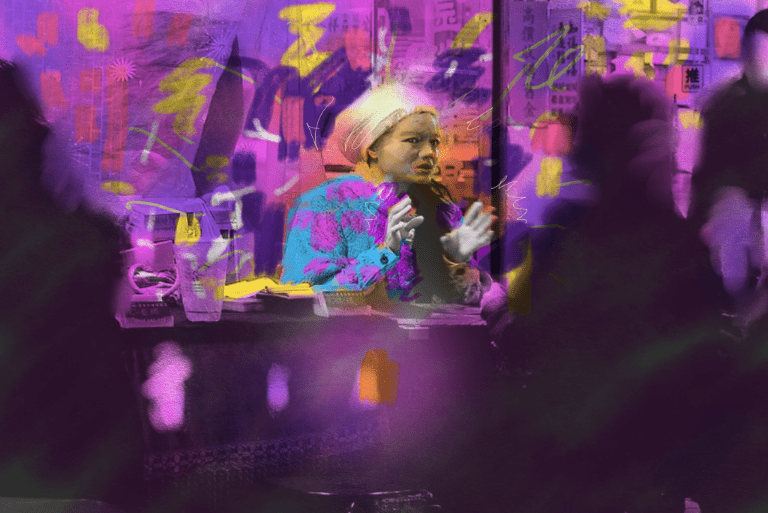Tajikistan Takes Steps to Punish Sorcerers and Fortune-Tellers
The authorities in Tajikistan plan to introduce punishment in the form of compulsory labor for up to six months for those involved in fortune-telling, sorcery, or witchcraft. "On the territory of the Republic of Tajikistan, inspection and preventive work is continuing to prevent violations related to non-compliance with the requirements of the Laws of the Republic of Tajikistan, 'On the Ordering of Traditions, Celebrations and Rites,' 'On the Responsibility of Parents for the Education and Upbringing of Children,' 'On Freedom of Conscience and Religious Associations,' and others. In this context, control is exercised over persons practicing witchcraft, illegal religious teachings, Mullo, distributing talismans and amulets, and a single register has been introduced for such persons," the Interior Ministry said in an official statement. Police stated that such violations of the law will be punished more severely in future, with the republic's Interior Ministry considering people engaged in various "occult" businesses as fraudsters. "Persons earning a living by fraud (witchcraft, fortune-telling, distribution of talismans and amulets, illegal religious instruction) are [to be] punished with forced labor for up to six months," the law enforcement agency stressed. Back in 2007, against a backdrop of rising energy prices, unemployment and discontent, the government introduced a bill banning witchcraft and fortune-tellers, the visiting of whom was a popular pastime in Tajikistan. Consequently, a law was passed which stated that "those indulging in sorcery and fortune-telling shall be fined between 30 and 40 times the minimum monthly wage." Despite this, however, research released in 2012 found 26% of Tajiks still wore talismans for protection. With the belief in jinns and the "evil eye" holding strong, the appeal of the occult has never gone away, and earlier this year it was reported that demand for exorcisms is on the rise. In March of this year, President Rahmon delivered a speech in which he stated: "People of Tajikistan! The Prophet of Islam strictly forbade going to fortune tellers and sorcerers and said: 'Whoever goes to a fortune teller, his prayers will not be accepted for 40 days, and if he believes what the fortune teller says, he will leave the faith.'" Despite Rahmon citing Islamic scripture, however, Tajikistan has always been a country where religion has been viewed as a challenge to the government's authority, and it pays not to be too devout. In September 2015, clashes over the death in police custody of a man detained for "wearing his beard long" led to seventeen fatalities. In that year alone, the police forcibly shaved 13,000 men's beards and shuttered over 160 shops selling Muslim clothing. Today, the authorities continue to surveil religious institutions.



